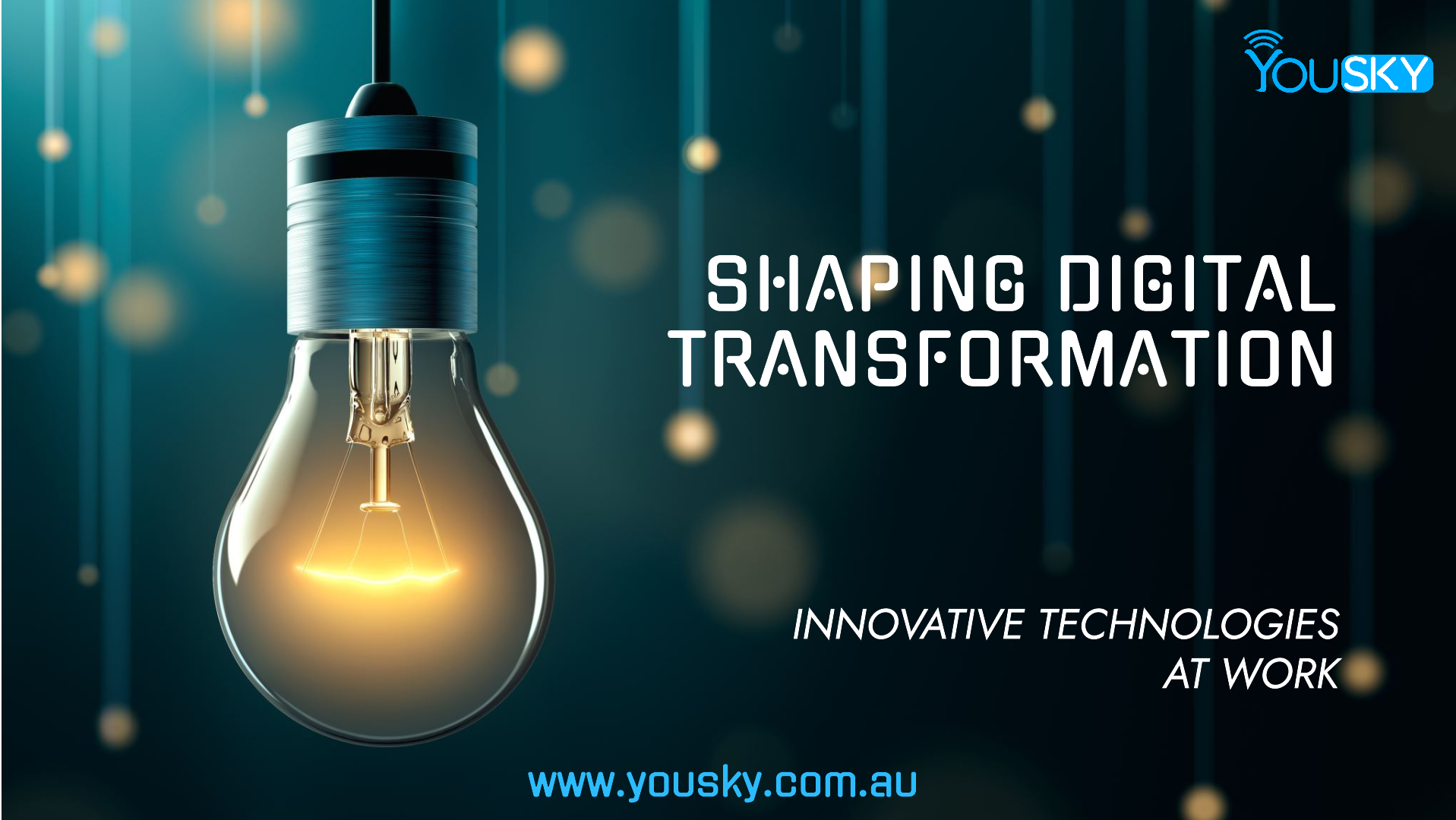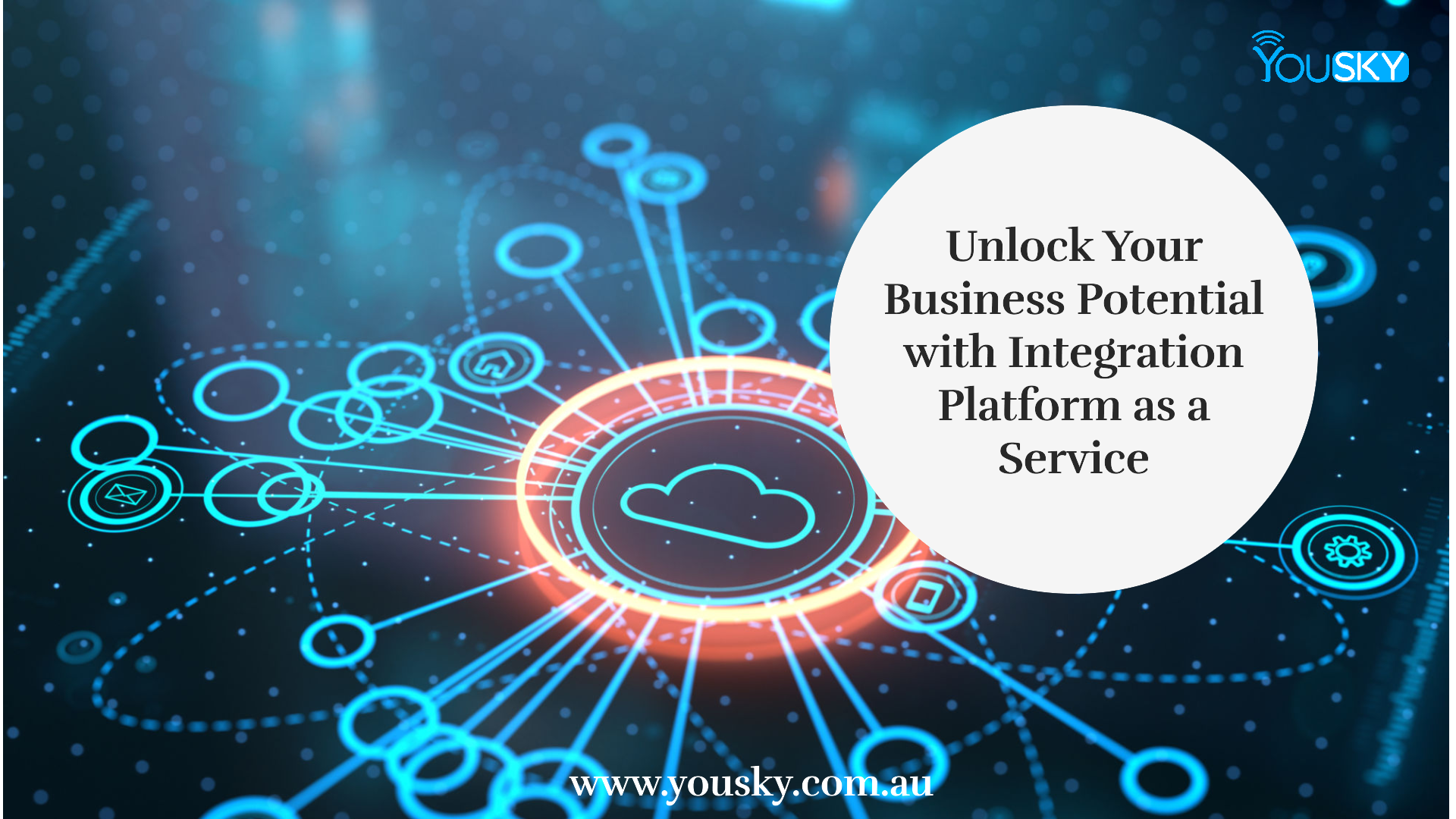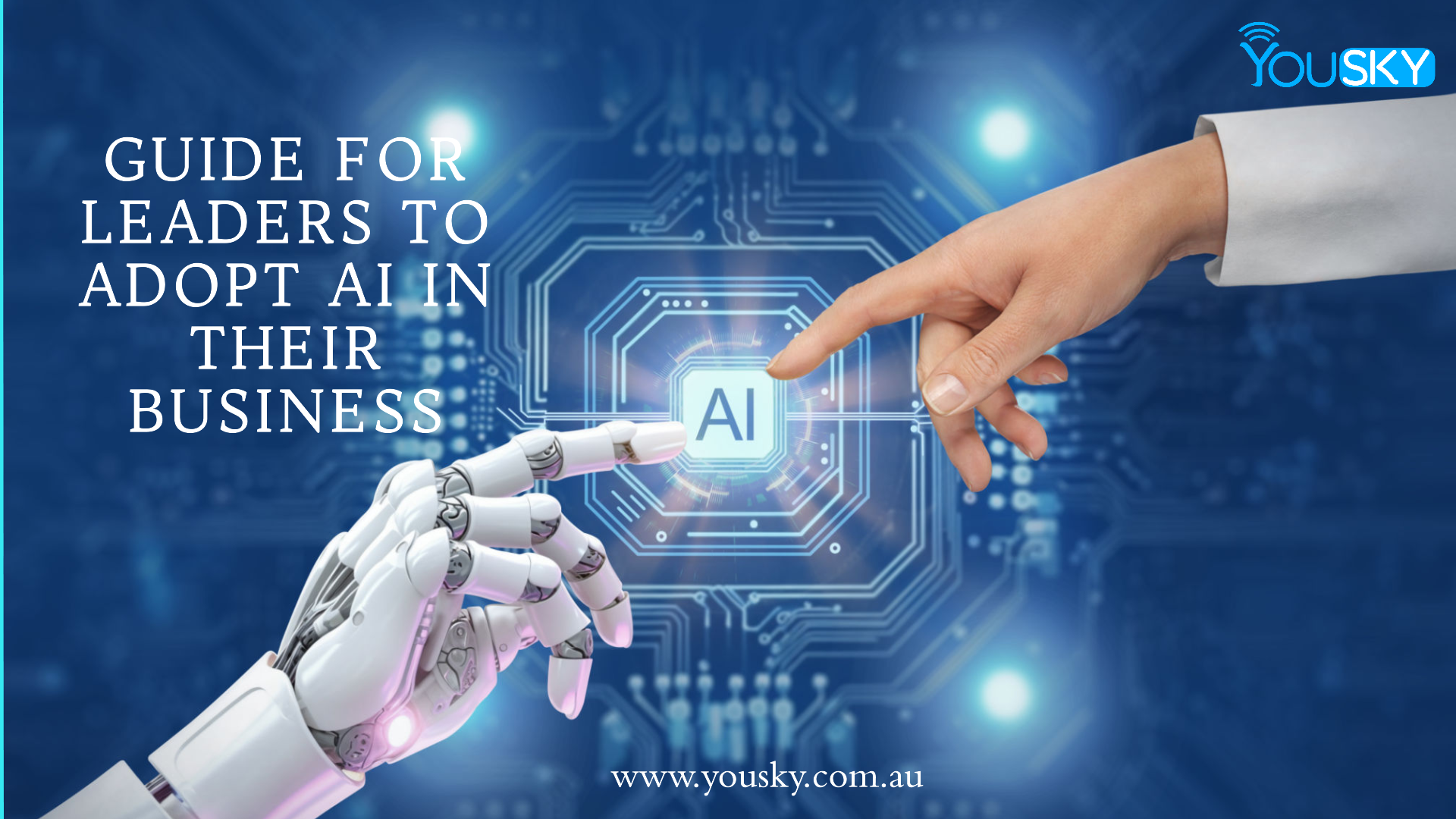
Digital transformation is a critical priority for businesses aiming to stay competitive in the rapidly evolving digital landscape. As organizations strive to enhance operational efficiency, improve customer experiences, and drive innovation, several cutting-edge technologies are playing pivotal roles in reshaping the business environment. This article explores some of the most influential technologies driving digital transformation today.
1. Artificial Intelligence and Machine Learning
Artificial Intelligence (AI) and Machine Learning (ML) are at the forefront of digital transformation. These technologies enable businesses to analyze vast amounts of data, gain insights, and automate complex processes. AI and ML are used in various applications, including predictive analytics, natural language processing, and robotic process automation (RPA).
Key Applications:
- Predictive Maintenance: Manufacturing companies use AI to predict equipment failures before they occur, minimizing downtime and reducing maintenance costs.
- Customer Service: AI-powered chatbots and virtual assistants enhance customer service by providing instant responses and personalized interactions.
- Data Analysis: AI algorithms analyze big data to uncover patterns and trends, aiding in strategic decision-making.
Impact: AI and ML help organizations increase efficiency, reduce costs, and improve decision-making capabilities by leveraging data-driven insights.
2. Internet of Things (IoT)
The Internet of Things (IoT) connects devices and systems to collect and exchange data, creating a network of interconnected devices. This technology is transforming industries by enabling real-time monitoring, automation, and improved operational efficiency.
Key Applications:
- Smart Manufacturing: IoT devices in factories monitor machinery, optimize production processes, and enhance safety.
- Healthcare: Wearable IoT devices track patients’ vital signs and transmit data to healthcare providers for real-time monitoring and intervention.
- Smart Cities: IoT technologies are used in smart city initiatives to manage traffic, reduce energy consumption, and improve public services.
Impact: IoT enhances operational efficiency, reduces costs, and improves service delivery by enabling real-time data collection and analysis.
3. Cloud Computing
Cloud computing provides scalable and flexible IT resources over the internet, allowing businesses to reduce infrastructure costs and improve agility. It supports various digital transformation initiatives by enabling remote work, collaboration, and data storage.
Key Applications:
- Data Storage and Management: Cloud platforms offer scalable storage solutions, making it easier to manage and access large datasets.
- Collaboration Tools: Cloud-based collaboration tools, such as Microsoft Teams and Slack, enable remote teams to work together efficiently.
- Disaster Recovery: Cloud computing provides robust disaster recovery solutions, ensuring business continuity in case of data loss or system failures.
Impact: Cloud computing enhances business agility, reduces IT costs, and supports remote work and collaboration.
4. Edge Computing
Edge computing brings computation and data storage closer to the sources of data, such as IoT devices. This reduces latency and bandwidth usage, enabling real-time processing and decision-making.
Key Applications:
- Industrial Automation: Edge computing is used in industrial settings to process data from sensors and control systems locally, improving response times.
- Autonomous Vehicles: Self-driving cars use edge computing to process data from sensors in real-time, ensuring safe and efficient navigation.
- Healthcare: Edge computing enables real-time analysis of medical data from wearable devices, improving patient care and outcomes.
Impact: Edge computing improves data processing speeds, reduces latency, and enhances the efficiency of real-time applications.
5. Blockchain
Blockchain technology provides a decentralized and secure way to record transactions and manage data. Its transparency, security, and immutability make it ideal for various applications across industries.
Key Applications:
- Supply Chain Management: Blockchain enhances supply chain transparency by providing a secure and tamper-proof record of transactions.
- Financial Services: Blockchain is used in financial services for secure and transparent transactions, reducing fraud and improving efficiency.
- Healthcare: Blockchain technology ensures secure and transparent management of patient records and data sharing among healthcare providers.
Impact: Blockchain enhances security, transparency, and trust in digital transactions and data management.
6. Robotic Process Automation (RPA)
RPA automates repetitive and mundane tasks using software robots, freeing up human employees to focus on more strategic activities. RPA is widely used in industries such as finance, healthcare, and customer service.
Key Applications:
- Financial Services: RPA automates processes such as invoice processing, account reconciliation, and compliance reporting.
- Healthcare: RPA streamlines administrative tasks, such as patient scheduling and billing, improving operational efficiency.
- Customer Service: RPA bots handle routine customer queries, allowing human agents to focus on complex issues.
Impact: RPA increases operational efficiency, reduces errors, and lowers costs by automating repetitive tasks.
7. Augmented Reality (AR) and Virtual Reality (VR)
AR and VR technologies are transforming how businesses train employees, engage customers, and visualize data. These immersive technologies are used in various industries, including retail, healthcare, and manufacturing.
Key Applications:
- Training and Simulation: AR and VR are used for employee training and simulation in industries such as aviation, healthcare, and manufacturing.
- Retail: Retailers use AR to provide virtual try-ons for customers, enhancing the shopping experience.
- Healthcare: VR is used for surgical simulations and patient therapy, improving medical training and patient care.
Impact: AR and VR enhance training, customer engagement, and data visualization by providing immersive and interactive experiences.
Conclusion
Innovative technologies such as AI, IoT, cloud computing, edge computing, blockchain, RPA, AR, and VR are at the heart of digital transformation. These technologies enable businesses to improve efficiency, enhance customer experiences, and drive innovation. As organizations continue to navigate the digital landscape, staying abreast of these technological advancements will be crucial for sustaining competitive advantage and achieving long-term success.
By integrating these cutting-edge technologies into their operations, businesses can unlock new opportunities, streamline processes, and create value in the digital age. The journey of digital transformation is ongoing, and the continuous evolution of technology will undoubtedly bring even more transformative changes in the future. Leverage Yousky’s Consulting services to take your business to the next level. Contact us for a free consultation.


